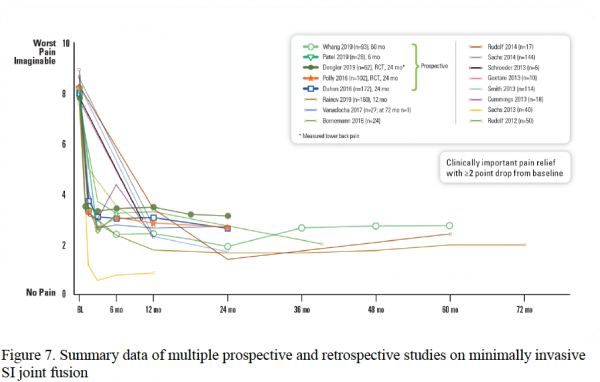
A Colorectal Surgeon is a Board Certified doctor who treats and diagnoses conditions related to the small and large intestines as well as the anus and rectal region. These surgeons have expertise in not only general surgery but have also undergone advanced training in the medical and surgical management of diseases of the intestinal tract, colon, and rectum/anus, and perianal area. Surgeons within this specialty have training in open abdominal surgeries as well as in minimally invasive procedures such as endoscopy or laparoscopy.
Typically, your Primary Doctor or your Gastroenterologist will refer you to the Colorectal Surgeon for evaluation of a specific condition or treatment of a given diagnosis.


#Heart #Disease is the #1 Cause of Death in Women (all ages and ethnicities) in the U.S., with 22% of all women deaths yearly being due to it. Visit your #Primary #Care doctor every year and implement #Lifestyle modifications that can help reduce your risk of heart disease: #healthy #diet, adequate #sleep, daily #activity and #exercise, and #Stress #Reduction.
#HeartDisease #HeartAttack #Hypertension #PrimaryCare #Cardiology #Prevention #PreventiveMedicine


#PreventiveCare is still on during #Covid, and this is especially important for #CancerScreening. #Doctors have put in place lots of #safely measures in their offices, and making it safe for you to visit your #Internist or #PrimaryCare #Doctor for your necessary annual screenings.
http://www.acpinternist.org/archives/2020/11/preventive-care-still-on-during-covid-19.htm


Flu Season is Here. You can get your Flu Vaccine from your Primary Care Doctor during your visit.
Children, pregnant women, adults over the age of 65 and those with chronic health conditions (diabetes, COPD, asthma, among others) are at increased risk of complications from the flu.


If you have a family history of Asthma, and have been having the symptoms described below, please consult your Primary Care Physician or your Allergist. They can recommend the appropriate treatment for this condition in order to achieve long lasting improvement.


We just submitted our latest review on sacroiliac joint dysfunction to the Spine Deformity Journal.
The sacroiliac joint lies in the pelvis between the ilium and sacrum bones and can be a primary or secondary pain generator in a significant proportion of patients with low back pain. Non-operative management is the first line of treatment and when unsuccessful, surgical intervention through minimally invasive joint stabilization has shown very promising outcomes.
